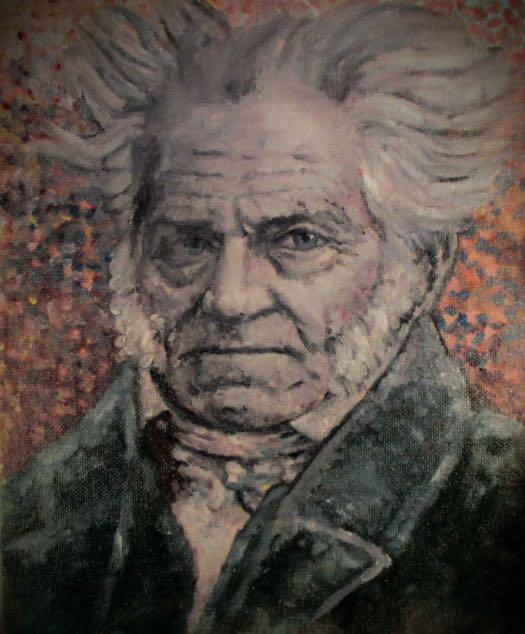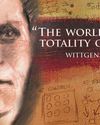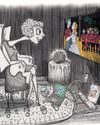Poging GOUD - Vrij
Weltschmerz and the World
Philosophy Now
|August/September 2025
Ian James Kidd takes a realistic and global view of the history of pessimism.

The most famous pessimist in the history of philosophy is surely Arthur Schopenhauer (1788-1860).
In his most important work, The World as Will and Representation (1818) he describes our existence as 'a mistake' and 'the worst of all possible worlds', explaining that, except in occasional moments of artistic delight, humans are trapped in an endless painful cycle of desire, frustration, and boredom. For Schopenhauer, “pain, not pleasure, is the positive thing, pleasure being merely its absence” and life, if properly understood, “ought to disgust us”. Alongside suffering and distraction, our overall moral condition is also terrible: other than a few 'beautiful souls', people are dominated by “vices, failings... of all sorts”, and the social world is a “den of thieves”. Suicide is morally ruled out, so our only path to redemption is to try, however futilely, to transcend the will that relentlessly drives all things. True to his pessimism, though, this transcendence is confined by Schopenhauer to an elite group – to 'saints and geniuses' - condemning the rest of us to the hell of human existence. While Schopenhauer is the most famous pessimist, he was not the only pessimist in nineteenth century Germany, nor was he considered the most important at the time. Excellent recent studies of the history of pessimism - such as Frederick Beiser’s Weltschmerz ('World-pain', 2016) - challenge the Schopenhauer-centred picture, reminding us of other, now-forgotten figures.
Dit verhaal komt uit de August/September 2025-editie van Philosophy Now.
Abonneer u op Magzter GOLD voor toegang tot duizenden zorgvuldig samengestelde premiumverhalen en meer dan 9000 tijdschriften en kranten.
Bent u al abonnee? Aanmelden
MEER VERHALEN VAN Philosophy Now

Philosophy Now
Pharmaco-Metaphysics?
Raymond Tallis argues against acidic assertions, and doubts DMT discoveries.
7 mins
August/September 2025

Philosophy Now
Nine Spiritual Exercises
Massimo Pigliucci explains how to get Philo-Sophical.
3 mins
August/September 2025

Philosophy Now
Books
We follow mammal's search for meaning, as Mark Vorobej savages John Gray's book of impractical cat philosophy, while B.V.E. Hyde ponders the point of Jordan Peterson. In Classics, Hilarius Bogbinder reviews Plato's Republic.
21 mins
August/September 2025

Philosophy Now
The Centennial of the Scopes ‘Monkey’ Trial
Tim Madigan on the creation and the evolution of a legend.
14 mins
August/September 2025

Philosophy Now
Gödel, Wittgenstein, & the Limits of Knowledge
Michael D. McGranahan takes us to the edge of language, mathematics and science.
10 mins
August/September 2025

Philosophy Now
Weltschmerz and the World
Ian James Kidd takes a realistic and global view of the history of pessimism.
10 mins
August/September 2025
Philosophy Now
What Makes A Work Of Art Great?
Each answer below receives a book. Apologies to all the entrants not included.
16 mins
August/September 2025

Philosophy Now
The Beatles: Nothing is Real
Clinton Van Inman gets back to the psychedelic Sixties.
4 mins
August/September 2025

Philosophy Now
The Post-Truth Kerfuffle
Susan Haack, who is Distinguished Professor in the Humanities, Cooper Senior Scholar in Arts & Sciences, Professor of Philosophy, and Professor of Law, at the University of Miami, talks with Angela Tan about how and when we know.
11 mins
August/September 2025

Philosophy Now
A Crisis of Attention
Paul Doolan attends to our culture of attention demanding.
13 mins
August/September 2025
Listen
Translate
Change font size
